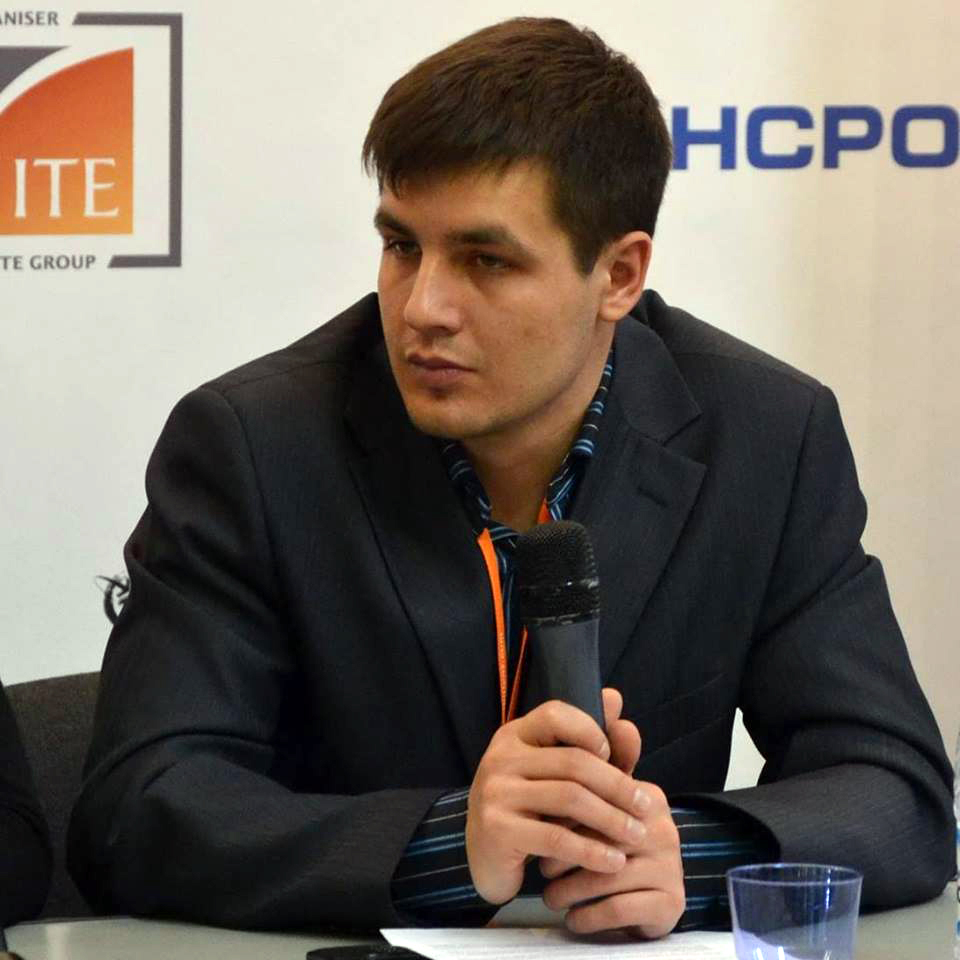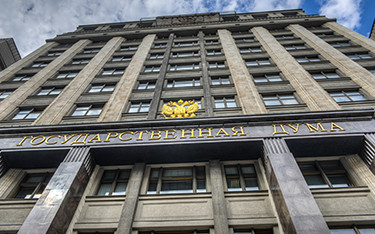Ivan Stupachenko is a Russian freelance business writer reporting from St. Petersburg for Russian and international publications on various topics. He has been a print and an online journalist for 18 years at business newspaper Kommersant. Ivan also works as an editor for St. Petersburg Travel Guide and writer for Business St. Petersburg, the city’s biggest business publication
Author Archive
Russia’s pollock fishery was faced with an unprecedented season in 2021 as the nation’s products were shut out of Chinese ports – a sudden loss of the destination market for 60 percent of the country's seafood exports.
The closure forced the fishery to look for new destinations for its products, raising existential questions about the future of Russia's seafood trade strategy.
Russia’s pollock A season
… Read MoreLloyd’s Register, a third-party assessor of the North West Bering Sea/Navarinsky Area pollock fishery, has determined the fishery has met the basic requirements of the Marine Stewardship Council (MSC) standard and can further proceed to gain full certification.
But once certified, the fishery must additionally address four aspects through supplemental action plans, the conformity assessment body said.
Russia’s Pollock Catchers
… Read MoreRussian Aquaculture, the biggest player in Russia’s fish farming sector, saw a slight sales decrease in 2020 that it attributes to difficult weather – but the company is optimistic about 2021
… Read MoreRussian Pollock Association (PCA), a client member of the Marine Stewardship Council (MSC) for Russia, has successfully obtained MSC certification for the Eastern Sakhalin fishery subzone in the Sea of Okhotsk …
Photo courtesy of the Russian Fishery
… Read MoreThe Russian Scientific Fishery Institute Council of Directors announced the country’s total allowable catch (TAC) for 2022 will be 3.25 million metric tons (MT), with nearly two million MT allocated to pollock.
The lion’s share of the TAC for Russia – 3.08 million MT – is assigned to the Far Eastern Fishery basin, slightly higher than in 2021. Stocks in the basin are stable, which results in highly accurate
… Read MoreRussia’s Accounts Chamber, the parliamentary body responsible for supervising the country’s finances, has issued a report that national crab quota reforms conducted in 2019 did not achieve any strategic goals. …
Photo courtesy of
… Read MoreRussian fishing companies are worried a new rules issued by the government banning ships built, purchased, or serviced outside of European Asian Economic Union (EAEU) – Russia, Kazakhstan, Belarus, Armenia, and Kyrgyzstan – from fishing in Russian waters will cause higher seafood prices at retail and a decline in catch.
Over the past few years, fishing ships built, purchased, or serviced abroad have been banned from landing catch at
… Read MoreRussian startup Strizh-Aqua HUB, in partnership with Israel-based AquaMaof Aquaculture Technologies, signed a memorandum of understanding (MoU) in early March to establish a recirculating aquaculture system (RAS) growing Atlantic salmon in the Krasnodar region, aiming primarily at the booming market of southern Russia.
Strizh-Aqua HUB Founder and CEO Victor Popolitov, who has 25-years of successful entrepreneurial experience under his
… Read MoreRussia’s State Duma, the lower house of the Russian Parliament, recently approved a bill designed to resolve a dispute over cod and haddock catches in the country’s Northern Fishery Basin.
Russia's Northern Fishery Basin yields nearly 500,000 metric tons, or 10 percent, of Russia’s annual catch, primarily consisting of cod and haddock fished in the White and Barents seas. Two separate fishing types – coastal
… Read MoreForecasting models used to determine stocks and expected landings of Pacific salmon have been rendered obsolete by climate change, and a global effort is needed to update them, a conference of leading marine scientists has concluded.
The conference, "Abundance Dynamics, Stock Status, and Artificial Reproduction of Pacific Salmon in the Northern Pacific," took place in late February and was initiated by the Russian Federal Agency for
… Read More















